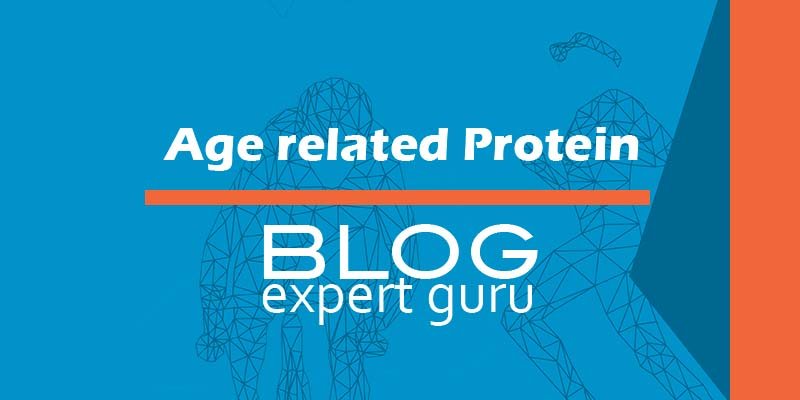Master athletes (40 years and over) can attain similar levels of fatigue resistance, muscle mass, strength and power to younger individuals. This helps to delay the onset of many adverse health events associated with ‘normal’ aging. Nonetheless, despite the impressively high level of performance in Master athletes, musculoskeletal deterioration remains somewhat inevitable with advancing age. Thus, nutritional considerations to enhance the speed of recovery, optimize training adaptations and, ultimately, improve or maintain athletic performance are likely to differ between Master athletes and younger athletes.
It is widely acknowledged that dietary protein has a range of important effects for athletes including alleviating exercise-induced muscle soreness and inflammation, stimulating the synthesis and accretion of muscle proteins, and potentiating muscle hypertrophy, strength and aerobic performance. The majority of the available evidence on the ergogenic effects of dietary protein has been generated from studies in younger athletes and very few involved older athletes.
The most current recommendations for protein nutritional support for strength/power range from 1.2-1.7g/kg/per day and are analogous to those for endurance athletes. The optimal source of dietary protein for athletic populations is the subject of much debate. It is generally considered that proteins that supply a full complement of essential amino acids, particularly leucine, offer the greatest advantage for stimulating muscle protein synthesis. In this regard, animal-derived proteins (i.e. whey, milk, beef) are often reported to promote superior muscle remodeling responses to plant-based proteins, although consuming a higher dose of plant-based protein, or combining various plant-based proteins together may provide an amino acid profile that is sufficient to optimize muscle remodeling.
Age-related muscle loss begins in the fourth decade of life and is a harbinger for the loss of strength and onset of disability. To mitigate this age-related musculoskeletal deterioration, it is recommended that daily protein intakes should be ~1.2g/kg/day for older individuals (~50% increase above the current RDA). This position is, in part, based on evidence that protein ingestion to stimulate muscle protein synthesis requires greater relative intakes in older individuals. Thus, given the already elevated requirement for dietary protein to support muscle mass maintenance in older age, it is intuitive to expect that the protein nutritional requirement to support net muscle protein synthesis in the aging athlete may be greater than younger athletes. Indeed, whilst post-exercise rates of muscle protein synthesis are saturated with ~20-25g of leucine-rich whey protein in younger individuals, exercised muscles of untrained older individuals are responsive to a higher 40g protein dose.
Refining this advice further, the requirement for higher dietary protein intakes in Master athletes may be particularly beneficial during training bouts/phases that cause damage to muscle contractile and connective tissue (i.e. lengthening contractions, intensified training, return from injury), as master athletes display a slower rate of recovery compared to younger athletes in such scenarios. Finally, very high protein intakes (≥2g/kg/day) may offer an additive benefit for musculoskeletal health and performance in the ‘oldest old’ Master athletes (i.e. those aged 80 years and over).
What can we take away from all this?
From what we know we can come up with some broad guidelines for the master athlete. Master athletes nearing 50 should probably start with higher per meal protein intakes (0.4g/kg, 4-5 times daily). This certainly won’t be harmful and can only be beneficial. Pre-sleep protein is likely to be beneficial for Master athletes.
[Bron : Mysportsciene.com]







